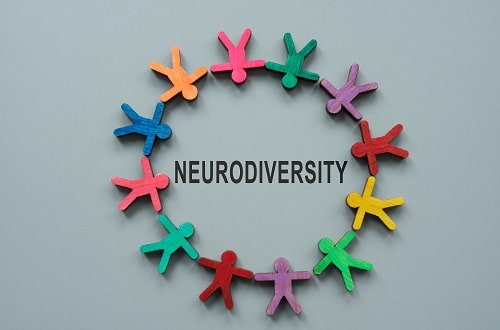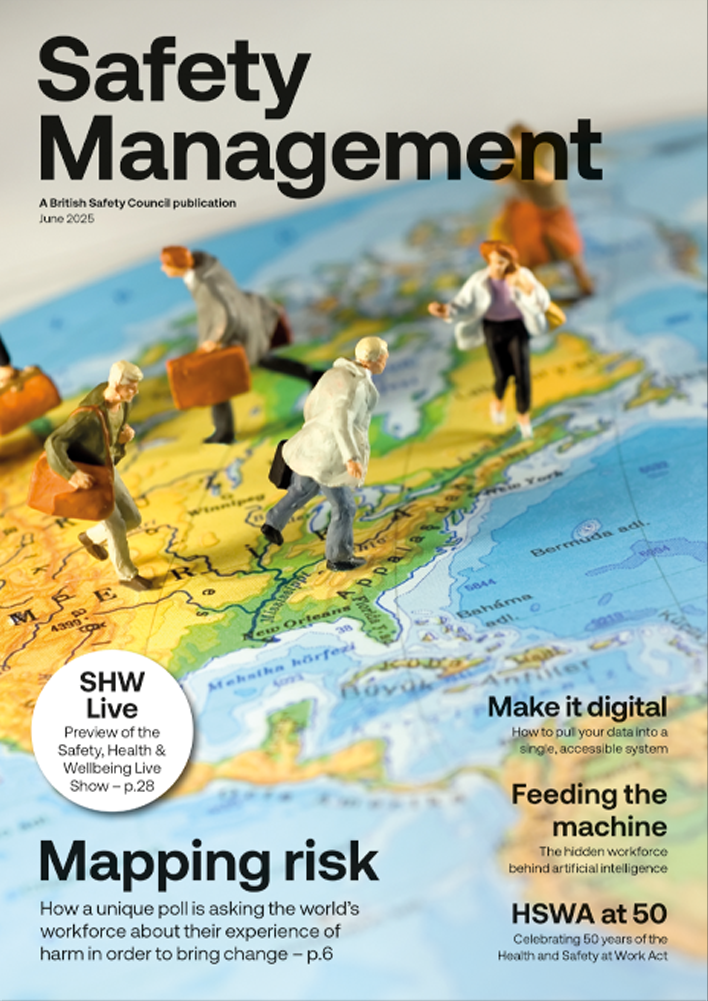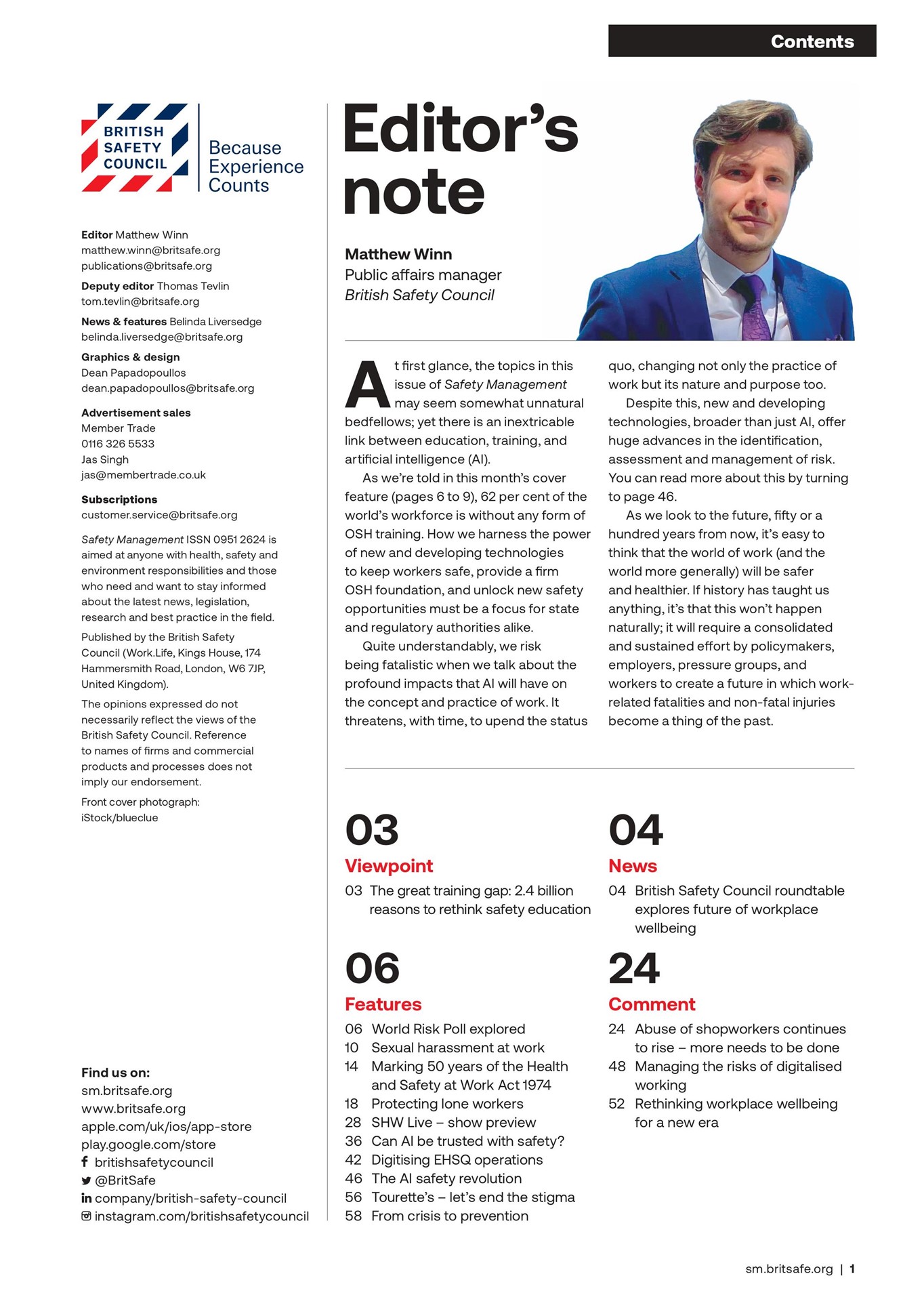Supporting neurodiversity – a key pillar of effective EDI
By creating a workplace that recognises and supports the unique strengths and needs of neurodivergent employees, businesses can reduce absenteeism, increase productivity and enhance employee engagement.
By Guy Osmond and Alex Reffell, Osmond Inclusive Wellbeing Services on 02 October 2024









